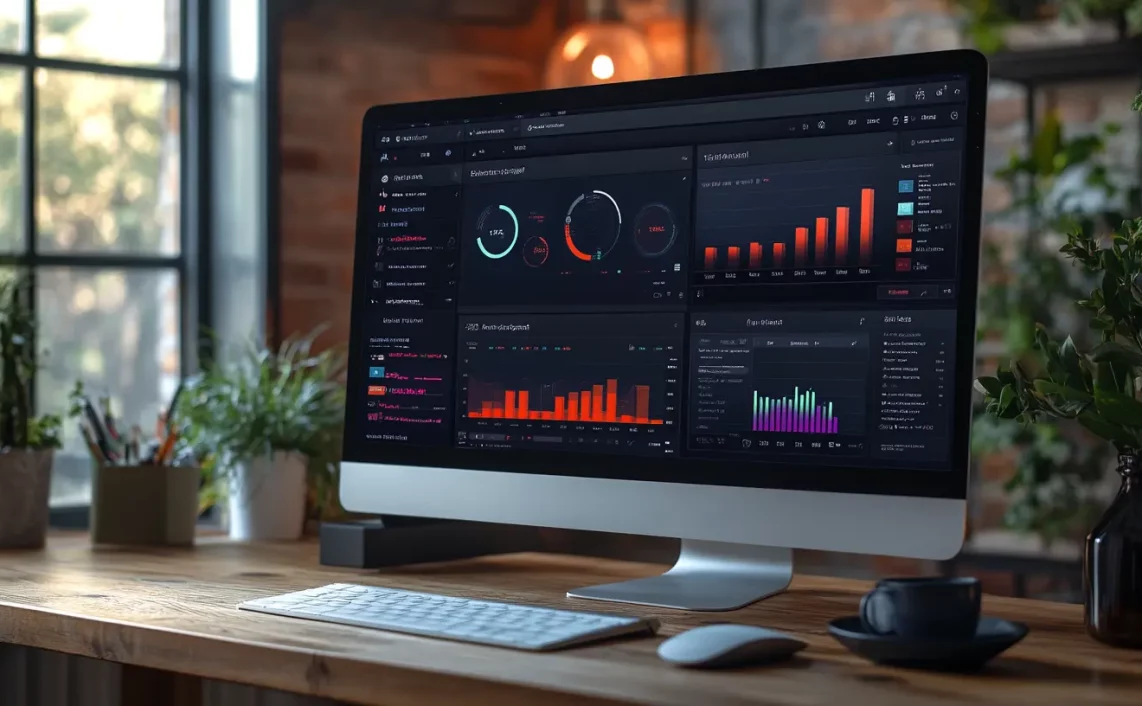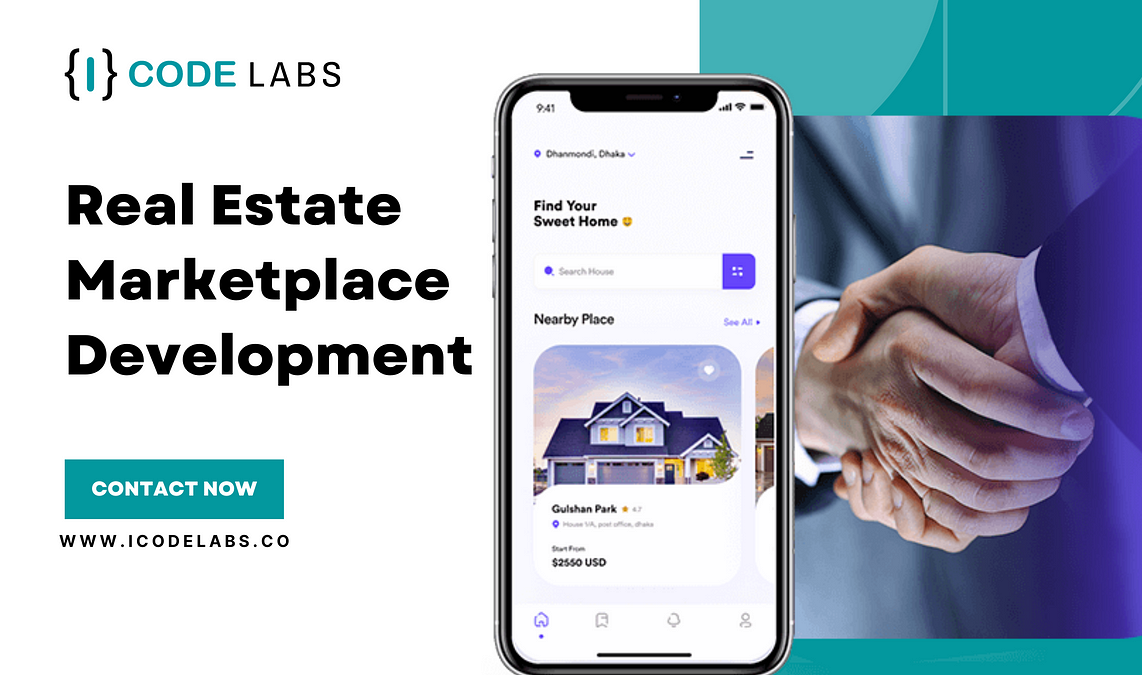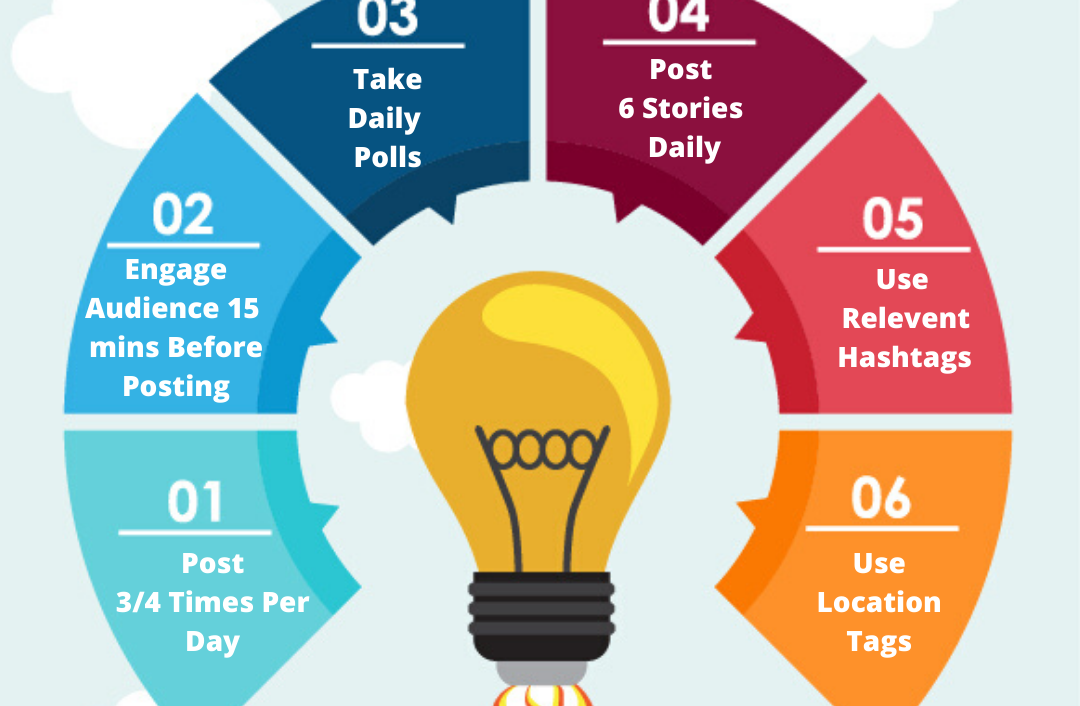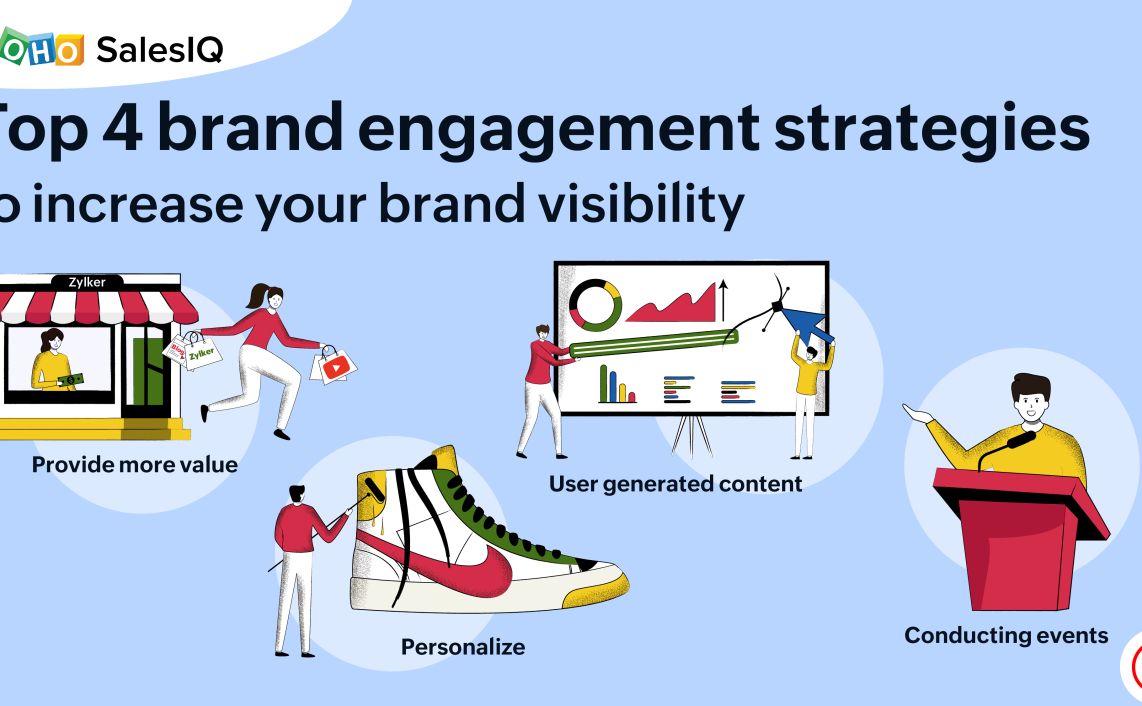Building Brand Awareness And Driving Sales For FMCG Brands Through Digital Marketing
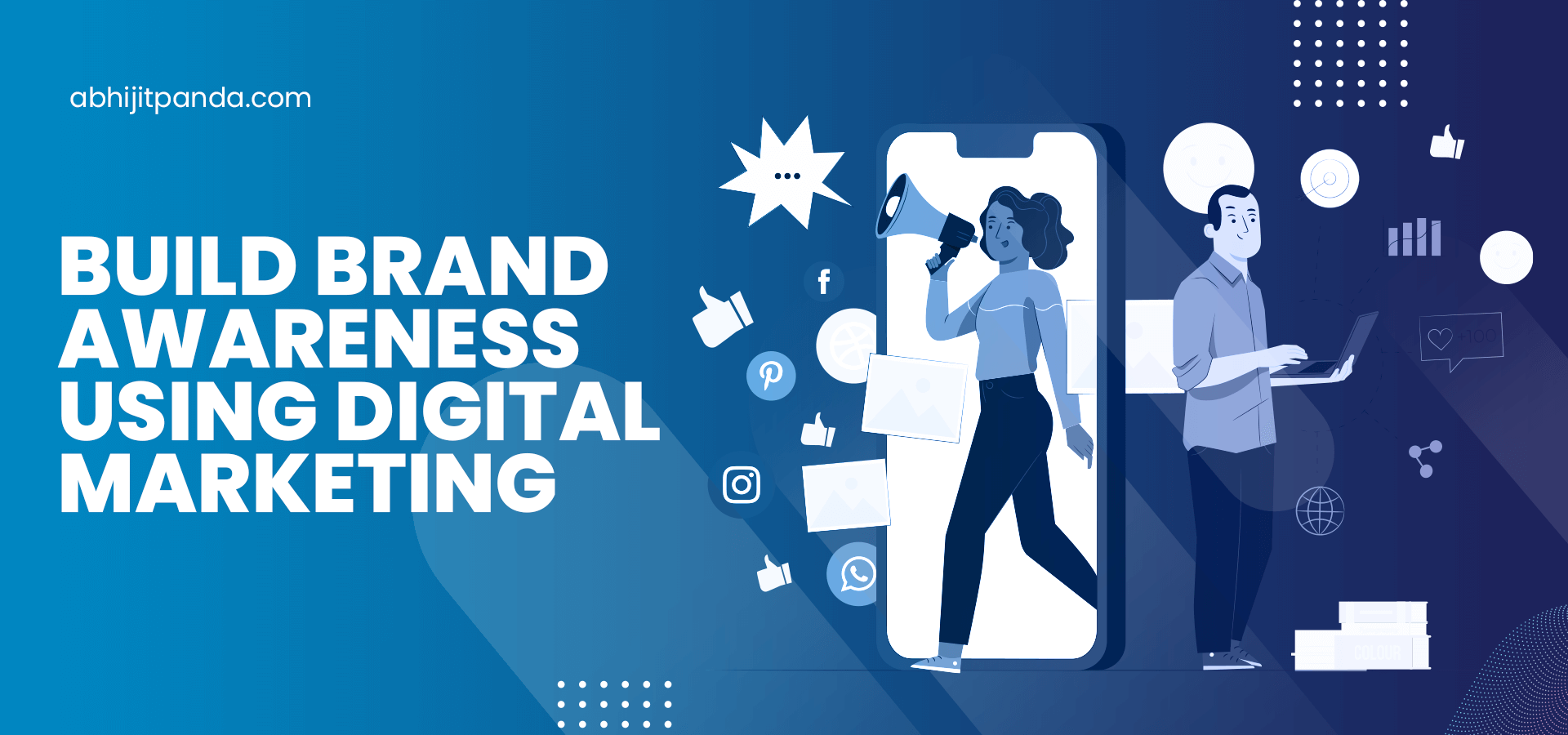
Executive Summary
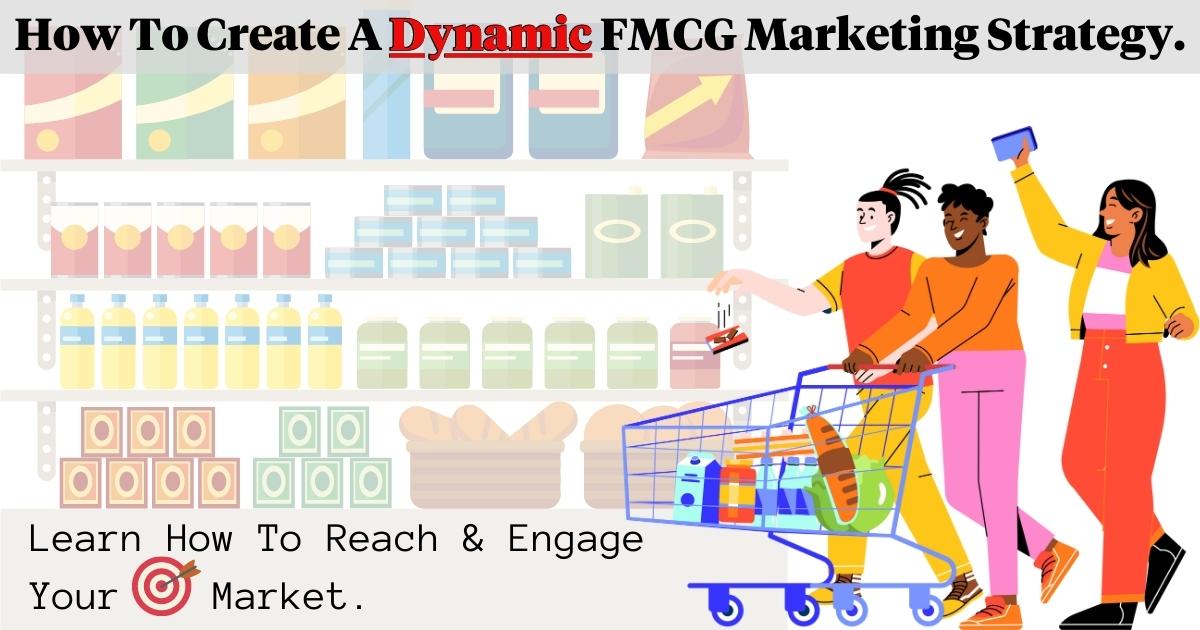
Digital marketing has evolved as a powerful tool for FMCG brands to increase brand awareness and accelerate sales. By leveraging various digital channels, FMCG brands can effectively reach target audiences, build strong brand connections, and drive consumer purchases. This article explores the multifaceted strategies and tactics that FMCG brands can employ to optimize their digital marketing efforts and achieve significant business outcomes.
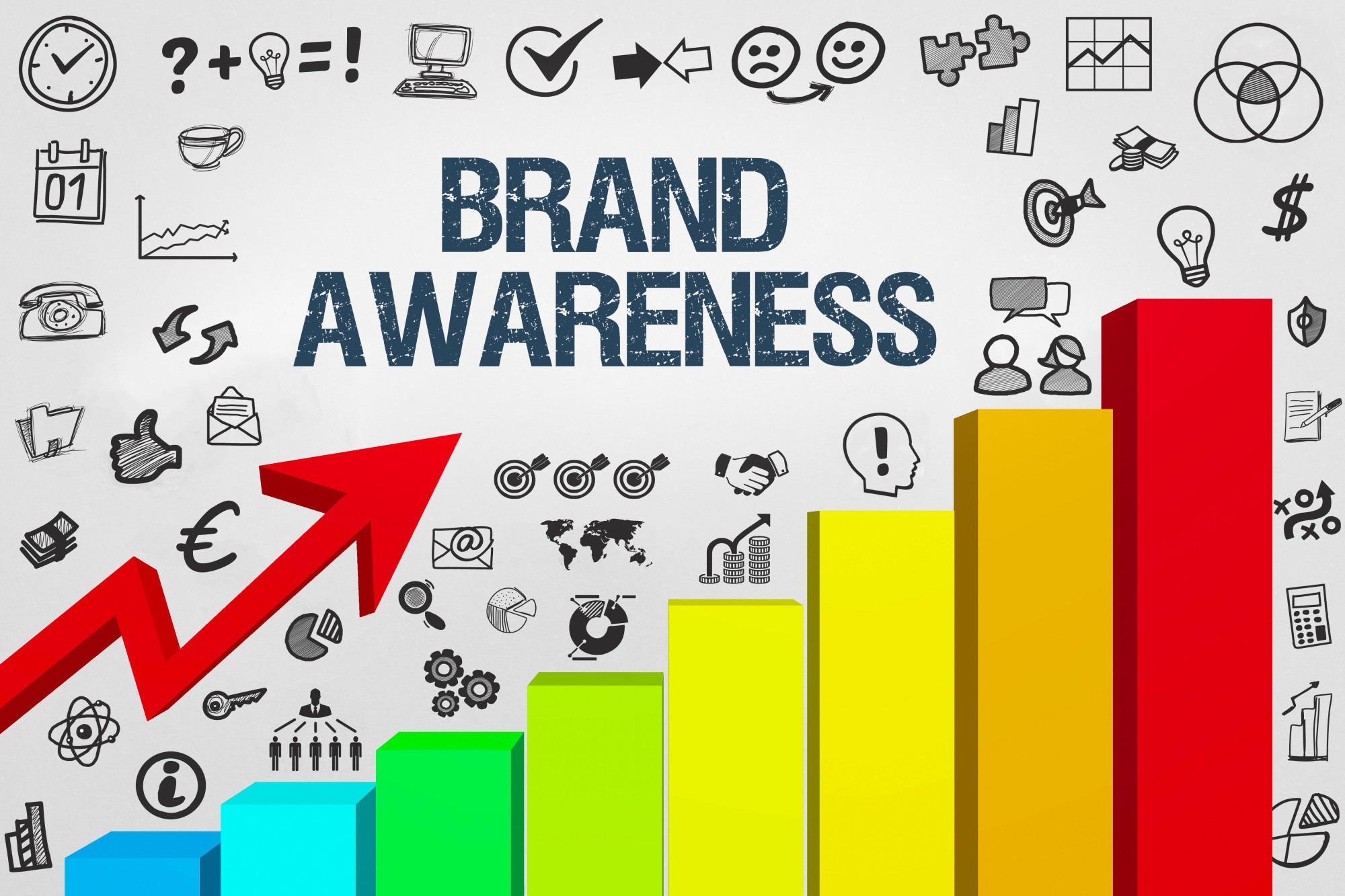
Introduction
In today’s digital-first landscape, consumers increasingly interact with brands online. FMCG brands, with their vast product portfolios and mass-market appeal, must adapt to this evolving consumer behavior. Digital marketing offers a comprehensive suite of solutions to engage with consumers, build brand affinity, and ultimately drive sales growth.
FAQs
Q: What is the importance of digital marketing for FMCG brands?
A: Digital marketing enables FMCG brands to connect with consumers across multiple touchpoints, build brand awareness, and drive sales through targeted campaigns.
Q: How can FMCG brands measure the success of their digital marketing efforts?
A: Key performance indicators (KPIs) such as website traffic, engagement metrics, conversion rates, and sales data provide valuable insights into the effectiveness of digital marketing campaigns.
Q: What are some common challenges faced by FMCG brands in digital marketing?
A: Challenges include creating engaging content that resonates with consumers, navigating the fragmented digital landscape, and ensuring brand consistency across multiple channels.
Top 5 Subtopics
Content Marketing
- Develop high-quality, informative, and engaging content that educates and entertains consumers.
- Utilize a mix of content formats, such as blog posts, videos, infographics, and social media updates.
- Partner with influencers and industry experts to amplify brand reach and credibility.
Social Media Marketing
- Establish a strong presence on relevant social media platforms where target consumers are active.
- Create shareable and interactive content that encourages engagement and builds community.
- Leverage social media advertising to reach specific audiences and drive traffic to the brand website.
Search Engine Marketing
- Optimize website for relevant keywords to improve organic visibility in search results.
- Utilize paid search advertising (e.g., Google Ads) to target consumers actively searching for related products or services.
- Implement local SEO strategies to enhance local brand awareness and drive in-store visits.
Email Marketing
- Build an engaged email list by offering value-driven content and exclusive promotions.
- Implement automated email campaigns to nurture leads, promote products, and drive conversions.
- Personalize email content based on subscriber preferences and purchase history.
E-Commerce
- Establish an online presence through a user-friendly e-commerce website or marketplace.
- Optimize product pages for conversions by providing detailed product descriptions and high-quality images.
- Offer seamless checkout experiences and provide excellent customer service to encourage repeat purchases.
Conclusion
Digital marketing is a transformative force that empowers FMCG brands to connect with consumers, build strong brand foundations, and drive sales growth. By embracing a comprehensive digital strategy that leverages content marketing, social media marketing, search engine marketing, email marketing, and e-commerce, FMCG brands can unlock the full potential of the digital landscape and achieve exceptional business outcomes.
Keyword Tags
- FMCG Brands
- Digital Marketing
- Brand Awareness
- Sales Growth
- Content Marketing
- Social Media Marketing
- Search Engine Marketing
- Email Marketing
- E-Commerce
